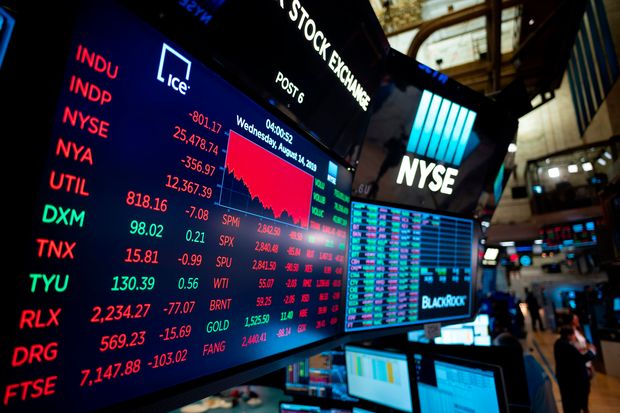Surging demand for medical equipment puts Philips on course for second-half recovery

AMSTERDAM (Reuters) – Electrical equipment maker Philips said a recent surge in orders for scanners and other medical equipment should enable group sales and margins to rebound over the next six months from a slump in the second quarter.
The Dutch company, which makes products ranging from electrical toothbrushes to high-end hospital equipment, said its core earnings fell by almost a quarter in April-June to 418 million euros as sales dropped 6% to 4.4 billion euros, hit by the impact on demand of the coronavirus pandemic.
The results, however, were better than analysts had expected. While the pandemic had hit demand for some products in the second quarter, Philips said the virus had also spurred a 27% increase in new orders as hospitals rushed to buy CT scanners, ventilators and monitoring equipment needed to help patients battling the respiratory disease.
Shares in the company were up 4.3% in late morning trade making them the only notable winner on Amsterdam’s blue chip AEX index.
A company-compiled poll of analysts had predicted second-quarter adjusted EBITA would drop to 344 million euros, on sales of 4.34 billion euros.
“For the full year 2020 we continue to aim for a modest comparable sales growth and adjusted EBITA margin improvement,” Chief Executive Frans van Houten told a media call.
The surge in new orders in the second quarter followed on from a 23% rise in orders in the first quarter, reflecting strong demand for medical equipment during the pandemic. In the second quarter of last year, the group’s total new orders rose by just 8%.
Longer term, van Houten said the pandemic had led hospitals to look at ways to better deal with highly infectious diseases.
This includes the need for devices that enable careworkers to remotely monitor patients, which are at the heart of Philips’ strategy to make better use of patient data and internet technology to enable patients to remain at home, he said.
“Hospitals want to create a more resilient infrastructure where patients that are infected can be treated in a different way and elective procedures can continue”, Van Houten said.
“That bodes well for Philips, also beyond 2020.”
CHINA RECOVERY STAGNATES
Philips shares have in recent months recovered to levels seen at the end of 2019, after losing over a third of their value in the first quarter of this year.
“Philips reported a much better than expected second quarter update”, ING analyst Marc Hesselink said, adding that he expected Philips to meet its growth outlook for the year.
Van Houten said the results were helped by a stronger than anticipated rebound in consumer demand in Europe, but the recovery in China had stagnated after an initial surge when lockdowns were eased.
(Reporting by Bart Meijer; Editing by Kim Coghill and Susan Fenton)